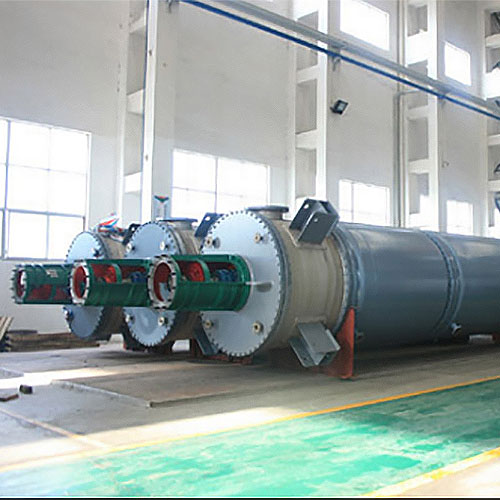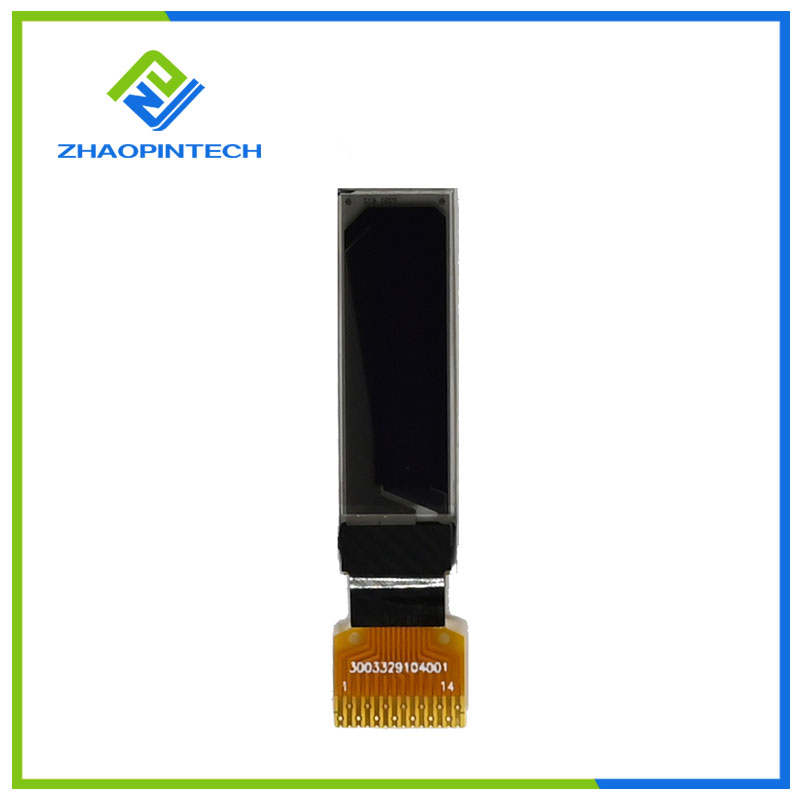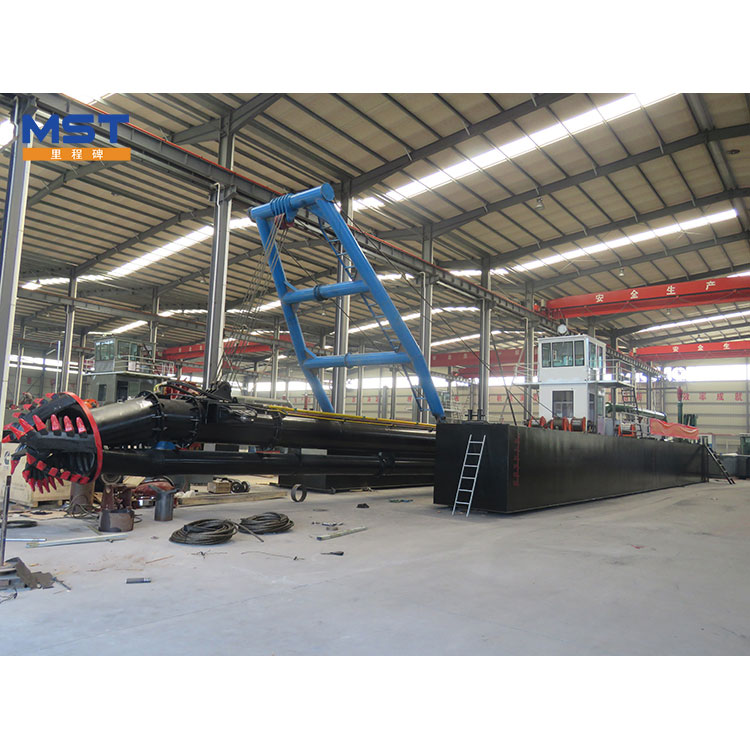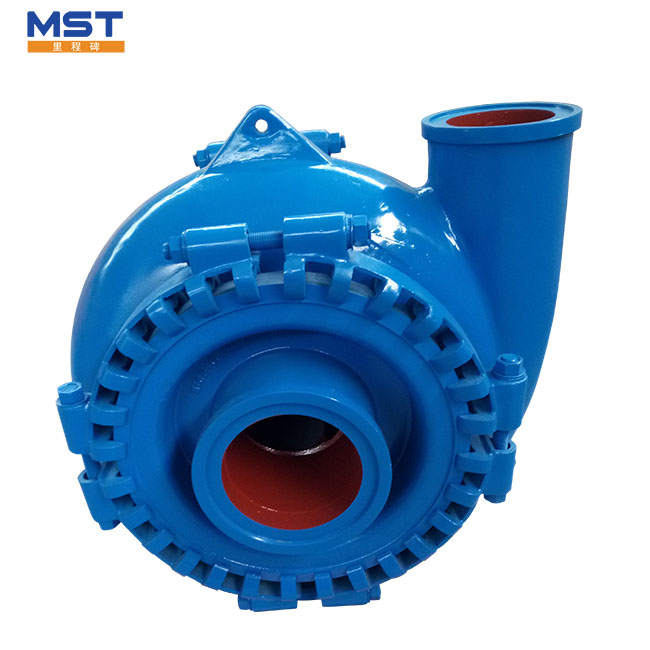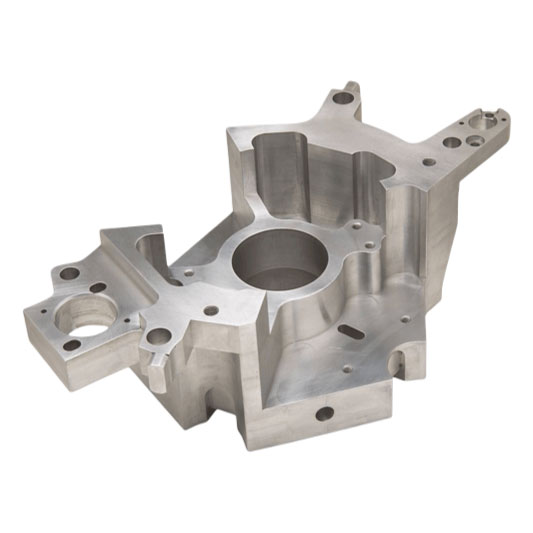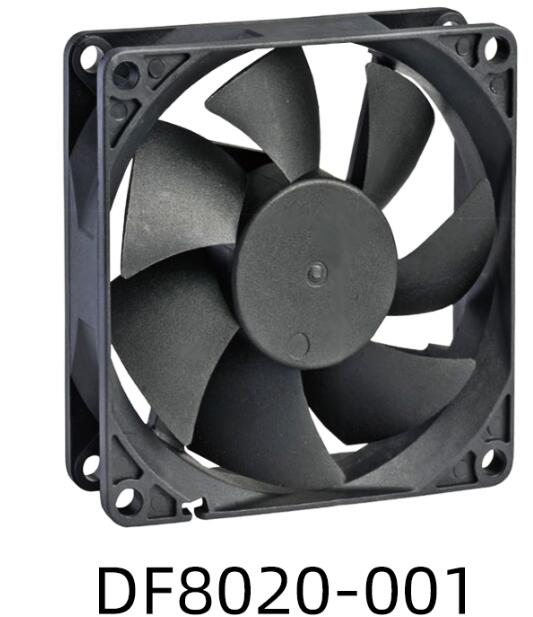Industrial Evaporators
Industrial evaporators are specialized equipment used in various industries to remove or concentrate liquids from solutions, suspensions, or emulsions by evaporating the solvent. These evaporators play a crucial role in processes that involve separating a solvent from a solute to obtain a concentrat......
Send Inquiry
Product Description
Industrial evaporators are specialized equipment used in various industries to remove or concentrate liquids from solutions, suspensions, or emulsions by evaporating the solvent. These evaporators play a crucial role in processes that involve separating a solvent from a solute to obtain a concentrated solution, solid material, or recovered solvent.
The basic principle of industrial evaporators involves the application of heat to the liquid mixture, causing the solvent to vaporize and leave behind the concentrated solute. The vaporized solvent is then typically condensed and collected for reuse, while the concentrated product is retained or further processed.
There are several types of industrial evaporators, each designed for specific applications and industries:
1. Falling Film Evaporators: In these evaporators, the liquid flows in a thin film down a vertical heat exchange surface, allowing for efficient heat transfer and evaporation. They are commonly used in the food and dairy industries.
2. Forced Circulation Evaporators: These evaporators use a pump to circulate the liquid through the heat exchanger, enhancing the heat transfer rate and allowing for the concentration of viscous or fouling liquids.
3. Rising Film Evaporators: In contrast to falling film evaporators, the liquid is fed from the bottom, and the vapor rises through the tubes. They are suitable for heat-sensitive products.
4. Multiple Effect Evaporators: These systems consist of multiple evaporator units arranged in series, with the vapor from one effect serving as the heating source for the next. This increases the overall efficiency of the process.
5. Mechanical Vapor Recompression (MVR) Evaporators: MVR evaporators use mechanical compression to elevate the pressure and temperature of the vapor, which improves the energy efficiency of the evaporation process.
6. Rotary Evaporators: These are used in laboratories and small-scale industrial settings to evaporate solvents from solutions. They consist of a rotating flask and a condenser to collect the vapor.
7. Wiped Film Evaporators: In these systems, a rotating wiper blade spreads the liquid into a thin film on the evaporator surface, facilitating efficient evaporation. They are used for heat-sensitive materials.
Industrial evaporators find applications in various industries:
- Food and Beverage: Concentration of fruit juices, milk, and other food products.
- Pharmaceuticals: Production of pharmaceutical intermediates, API concentration, and purification.
- Chemicals: Removal of solvents, concentration of chemical solutions.
- Environmental: Treatment of industrial wastewater to recover clean water and concentrated waste.
- Renewable Energy: Concentration of biomass liquids for biofuel production.
- Petrochemicals: Separation of components from crude oil and refining processes.
Industrial evaporators are crucial for cost-effective and resource-efficient processing, allowing industries to recover valuable products and reduce waste. The choice of evaporator type depends on the properties of the liquid mixture, desired product quality, energy efficiency, and the specific requirements of the industrial process.



